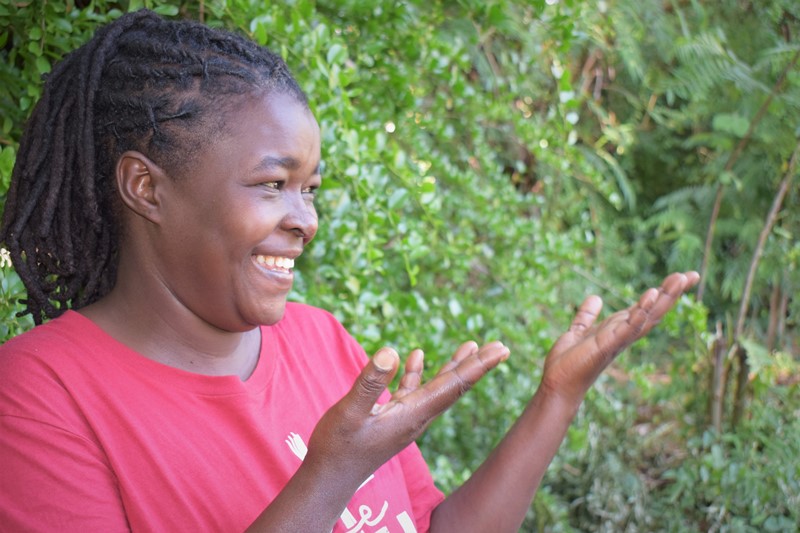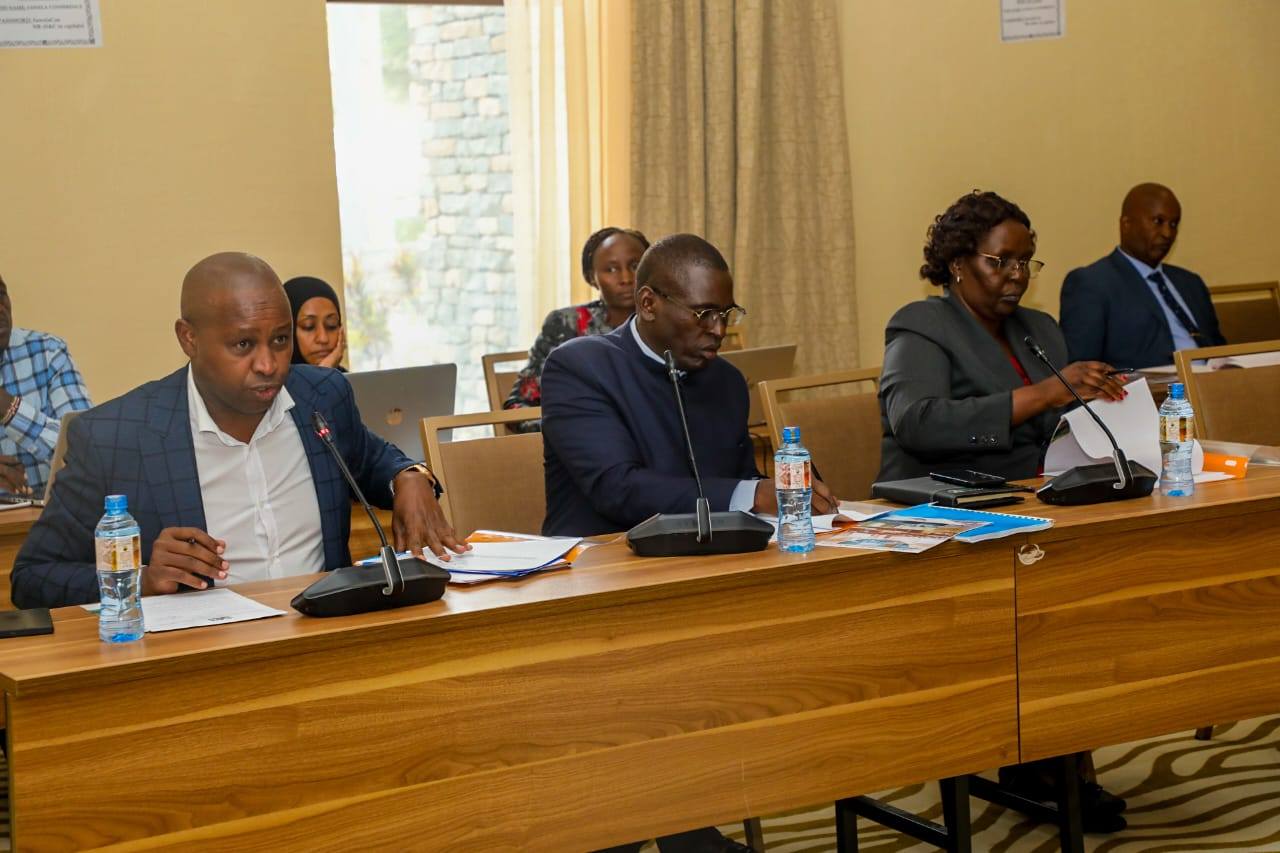Gatondo Women Group has called on co-operatives experts to provide professional guidance to rural based self-help and women groups in Embu County so as to transform into more profitable entities such as Saccos and Micro-Finance Institutions (MFIs).
In an interview with Sacco Review, the Group’s chairlady Ms. Ephrath Wamai noted that a lot of such groups stagnate and crumble.
She said that county and national government cooperative movement experts should leave their offices and interact with ordinary farmers, women and self-help group members and guide them to manage their financial resources.
“They need to guide such groups with a history of good financial management records to elevate them from ordinary financial systems where funds are held in bank accounts earning nothing,” she said.
According to the Group boss, government-financed entities such as the Uwezo Fund rarely care about how borrowers are progressing and only care about repayment of loans. They release funds after very modest training and their project monitoring is very poor.
“Follow up is necessary, such institutions should improve their monitoring of businesses they finance, they should avoid the habit of taking a back seat to await for loan repayments without realizing that borrowers are their partners and need cautioning from unexpected challenges in times of economic hardships,” she reiterated.
Ms. Wamai said that the Group has a firm credit potential backed by records on bank savings, loans issued out to members at the local level and good loan repayments’ profile but they were being overshadowed by existing Saccos even when they have the potential to be independent and pull fresh cooperators to their side.
Scrutiny of the Group’s financial history shows weekly savings which initially topped Ksh 15, 000 annually meaning were such savings to be held under a Sacco, they would qualify the group to borrow up to Ksh 3.5 million if the savings were to be multiplied four times as stipulated under Saccos’ borrowing regulations.
“Once we get the correct professional guidance, we shall go for the formation of our own Sacco instead of joining those in existence because our financial management history clearly shows we have the potential to become a Sacco and succeed,” she argued.
Before the group’s registration under the Ministry of Social Services in 2012, it had operated for two years as a merry-go-round outfit during which each of the 60 pioneer members contributed Ksh 20 per week and later invested in chicken rearing.
By Robert Nyagah
Get more stories from our website: Sacco Review. For comments and clarifications, write to :Saccoreview@shrendpublishers.co.ke
Kindly follow us via our social media pages on Facebook: Sacco Review Newspaper for timely update



